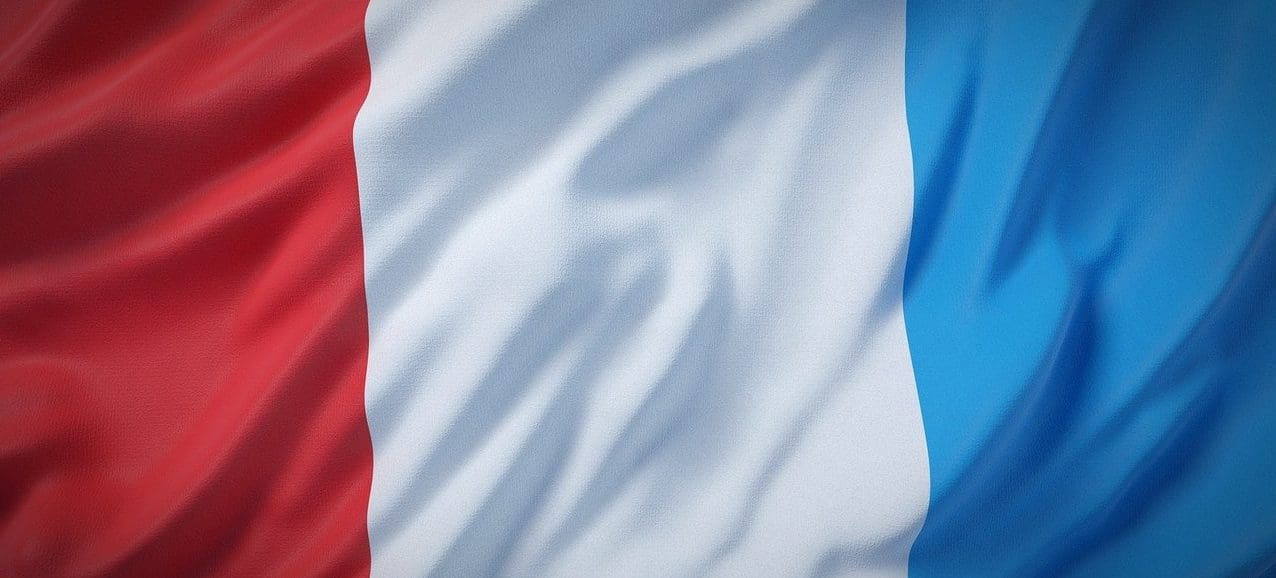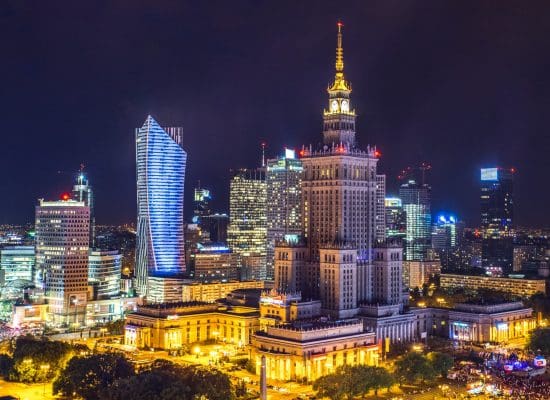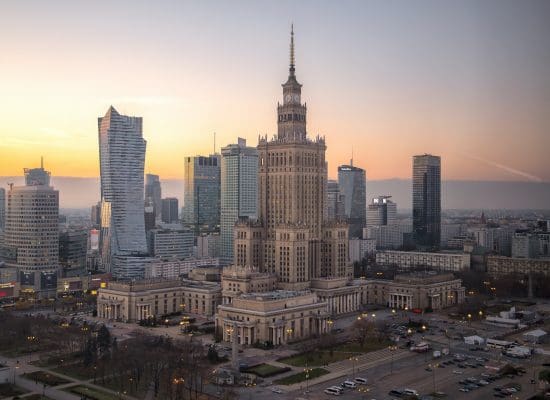Post photo: French flag | © Pixabay
A novel idea has been pervading communications from the Commission for some time. Everyone is talking about Europe's "open strategic autonomy" in the Brussels bubble. While the citizens probably have little use for it, the term electrifies the world of experts in Brussels. France in particular seems to be following the concept of open strategic autonomy with great interest. What exactly is behind it?
The basic problem is that nobody knows exactly what is meant by open strategic autonomy. Those who use the term may define it in more or less satisfactory ways. However, they do not share a common idea. For some, open strategic autonomy means that Europe must learn lessons from the pandemic, diversify its market access and, where there are unilateral dependencies, also relocate production to Europe. Others associate it with more European self-determination and the freedom to choose non-European partnerships.
The latter is strange insofar as Europe is free and self-determined in terms of its trade policy and nobody questions this. Exceptions, such as US sanctions against Iran and European companies trading with Iran, prove the rule. Should these significant exceptions be meant? Is it also about the USA, Europe's most important trading partner and most important ally?
Proponents of open strategic autonomy seem to regard Europe as an island and want to immunize it against other powers. China is the elephant in the room, and certainly Chinese influence in Europe, based on trade, investment and credit, has become very large. The transitions from a purely trade and economic policy dimension of the open European strategy to a foreign and security policy, geopolitical one are fluid.
The French Council Presidency is pushing the issue. Here, too, the question arises as to why Paris is doing this. Globalization, that much is certain, has entered a critical phase. Authoritarian powers are demanding a multilateralism that rejects the validity of fundamental values, almost all of which are internationally binding norms. Change through trade is not desired. Is Europe now also closing the bulkheads? It would be disastrous for the free world order and not in European interest in the long term if open strategic autonomy were a dazzling formula for protectionism, if autonomy took the place of innovative strength and competitiveness. The latter are also vital for free democracy.
Christian Moss was born in Wuppertal, according to his own statements in a European marriage despite Brexit and father of two bilingual German-British teenagers. The historian and political scientist was one of the early Erasmus cohorts and has close ties to France.
In 2011 he was elected Secretary General of EUROPA-UNION Germany for the first time. He was one of the founders of the EUROPA-UNION capital group Europa-Professionell. He is full-time head of the areas of education, Europe and international affairs in the strategic planning staff of the dbb civil servants' association and tarifunion.
I am very happy to welcome him as a guest blogger.







